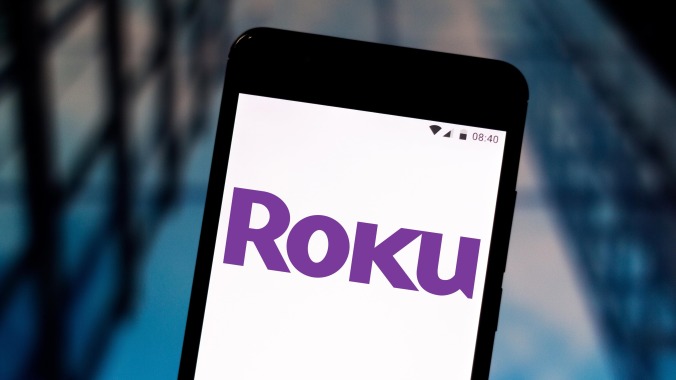The old Quibi shows are doing much better on Roku (a platform people actually use and like)
All Quibi needed to do was change literally everything it was doing

Earlier this year, Roku announced that it had picked up the scattered remains of Quibi’s original shows and that it would be releasing them on its ad-supported Roku Channel under the name “Roku Originals”—effectively erasing any lingering proof that Quibi was really a thing that once existed, other than the pop culture nerds who will forever be tickled by the fact that a bunch of millionaires threw piles and piles of money at a platform that was named after the “quick bites” of content it offered, and also that the content could only be accessed on phones, and also that it launched right as a global pandemic made watching things on your phone kind of unnecessary (with no waiting rooms open and no office lunch breaks going on). Now, a month after the launch of the Roku Originals, that streaming platform has some good news: People actually like this stuff when watching it isn’t a pain in the ass!
Well, that might be overselling it, but people are at least more interested in watching these old Quibi shows when they’re not locked onto a phone app… and they’re on a platform a lot of people already have access to… and they’re free. Deadline says that Roku is proudly bragging about the fact that its 30 or so Roku Originals were streamed by more Roku users in their first few days on that service than by Quibi users during that platform’s entire five or six-month run, but yeah, duh. Right? Quibi was a brand new thing that required a subscription fee (unless you got a promo code or whatever), but Roku is a service that (according to Deadline) already has “about 54 million active accounts.” Put Game Of Thrones free on Roku and it would probably be bigger than it ever was on HBO, because Roku is already a big platform with a big user base.
The lesson you could take from this is that Quibi’s content—give or take that golden arm thing—wasn’t the problem, but nobody every should’ve thought it was in the first place. We reviewed all of the Quibi launch shows here at The A.V. Club, and they were generally pretty good (or at least inoffensively tolerable), so it’s hardly surprising that making them successful just required changing literally everything about the platform they launched on.